11 Nights / 12 Days
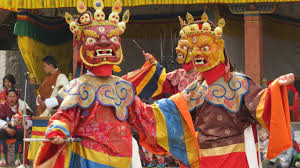
Bumthang Jakar festival is a three days festival. It is the official festival of Bumthang District which happens in the gigantic Jakar Dzong or fortress. There will be both mask dances by the Buddhist Monks as well as songs and dance from the local villagers during the festival. Dances are performed for peace and prosperity of the people in the valley. So, visit Bhutan and enjoy an ultimate festival (Tshechu) in Bumthang, the spiritual heartland of Bhutan.
Arrival / Departure
Arrival: Paro International Airport
Departure: Paro International Airport
Welcome to Bhutan, the Land of the Thunder Dragon. Touching down at Paro International Airport, you will be greeted by your guide upon exiting the arrival hall. Today, we will take it easy to acclimatise to the altitude. Drive to Thimphu.
Tachog Lhakhang: On the way, halt at Tachog Lhakhang (Bhutan first Iron Bridge) for sightseeing and photography. Upon reaching Thimphu, check in to the hotel and let’s have your first taste of Bhutanese cuisine and some light sightseeing in Thimphu if possible.
Folk Heritage Museum: Dedicated to connecting people to the Bhutanese rural past though exhibition of artifacts used in rural households.
National Memorial Chorten: The Memorial Stupa, Thimphu, also known as the Thimphu Chorten, is a stupa (Dzongkha chöten, cheten) in Thimphu, Bhutan. The stupa, built in 1974 to honor the third Druk Gyalpo, Jigme Dorji Wangchuck (1928–1972), is a prominent landmark in the city with its golden spires and bells.
Thimphu Dzong (Tashicho Dzong) Night View: Located at the capital city of Bhutan, The Tashichho Dzong is the office of the King of Bhutan. It also serves as the office of the Central Monastic Body. It houses hundreds of monks and holy stupas. Visit to this dzong is open after 5 PM. The Night view of the dzong is marvelous.
Thimphu was established as the modern Capital of Bhutan only in 1965. It is only one of two capitals in the world that does not have traffic lights. As one of the unique capital in the world, Thimphu has beautiful balance of pristine natural environment, cultural heritage and modern development.
After breakfast we will go to for money exchange (if required) in the Bank and then we will commence tour of Thimphu. We will then visit places of interest that are as listed below as time permits:
Simthokha Dzong: The Simtoka Dzong, built in 1629 by Zhabdrung Ngawang Namgyal, functions as a monastic and administrative center and is the oldest dzong which has survived in its original form.
National Library: The National Library was established in the late 1960s and it houses an extensive collection of Buddhist literature mostly in block-printed format and some works are several hundred years old. There is also a small collection of books in English on the ground floor mainly on Buddhism, Bhutan, the Himalayan region and neighboring countries.
The Textile Museum: These museums, both of which opened in 2001, provide fascinating insights into Bhutanese material culture and way of life and is a ‘must see’ when in Thimphu.
Simply Bhutan: Simply Bhutan is a living museum and photo studio that gives a good guided introduction to various aspects of Bhutanese traditional lives and the project is aimed at preservation and promotion of cultural. It was established in the year 2010. The objective is to raise fund to support Youth Development Fund in conducting various youth related programs, now and in future. Visitors are greeted with a shot of local arra (rice spirit), before being guided through mocked-up village scenes. Along the way, you can dress up in traditional clothes, try out archery and hear songs sung by Bhutanese women as they build houses out of rammed earth. It’s touristy, but a good family experience. There are also souvenir stalls, and a restaurant serving best Bhutanese set meals.
National Institute for Zorig Chusum: This institute, commonly known as ‘the painting school’, operates four- to six-year courses that provide instruction in Bhutan’s 13 traditional arts. Students specialise in painting (of both furniture and thangkas – painted religious pictures, usually on canvas), woodcarving (masks, statues, bowls), embroidery (hangings, boots, clothes) or statue-making (clay). Students are well used to having visitors while they work and it’s fine to take photos.
Mini Zoo: This Zoo houses the National Animal of Bhutan – the “Takin “. It’s worthwhile taking the time to see these strange, quite unique animals.
Craft Bazar/ Mark: A one stop place to witness Bhutanese culture and buy Bhutan made arts and crafts product. The Bazar has approximately 80 stalls covering all aspects of the traditional arts and crafts of Bhutan. At this Bazzar, craftsmen and artisans from across the county display and sell their handicrafts.
After breakfast, leave Thimphu and begin your journey east, toward Phubjikha. The journey takes you on mountain roads, with spectacular alpine scenery. The drive will go over the Dochu La Pass at 3,050 m where on a clear day you can see Eastern western Himalayas of Bhutan.
Dochu-la Pass: We will stop at Dochu-la Pass, here we see 108 chortens built by the present Queen mother of Bhutan Ashi Dorji Wangmo Wangchuk to commemorate Bhutan’s victory over Indian militants and to liberate the souls of people who lost their lives.
Continue through the bustling market town of Wangduephodrang, and up winding mountain roads through mixed forests and over high passes before ascending into the wide and picturesque Phobjikha Valley. Phobjikha is one of Bhutan’s few glacial valleys, and chosen winter home of black necked cranes (November – March) migrating from the Tibetan plateau. Upon reaching Phubjikha, walk around the valley and visit crane center & Gantay Monastery.
Crane Center: The rare black-necked crane is highly honored in the Himalaya region. These majestic birds migrate from Tibet to Bhutan in late autumn each year, predicting the end of harvesting season and the onset of farmer relocations to the warmer, lower valley. Known as Thrung Thrung Keh Narp, literally translating to thin, tall and black necked, over 300 of these avian wonders soar to the warmer Phobjikha Valley in the winter months, looping over the Gangtey Goenpa Monastery three full times, both when they arrive and when they leave. Bhutanese folklore attributes this mystifying and perplexing behavior to the birds paying reverence to the three sacred jewels of Buddhism, as well as asking for protection throughout their stay. Traditional stories tell the tale of a pair of cranes that choose to stay behind each year, offering themselves to the Valley for their thanks and wellbeing. The Royal Society for Protection of Nature manages The Crane Centre, which displays material on the cranes and their environment, as well as guiding conservation awareness operations on this threatened bird.
A great time to visit Gangtey, the hilltop village, is in the winter months, especially November, when the Black-necked Crane Festival occurs in the courtyard of Gangtey Goenpa, with local songs, dramas and masked dances celebrating the endangered bird in fine Bhutanese fashion.
Gangtey Monastery: The Gangteng Monastery, also spelt Gantey Gonpa, bounded on the west side by the Black Mountains (Bhutan)(range above 5,000 m elevation) is located on a spur amidst the Gantey village, overlooking the vast U-shaped glacial Phobjikha Valley, which is at an elevation of about 3,000 m and which has marshy land. The Nake Chuu river runs through this valley. The monastery commands striking views of the Phubjika Valley below. The Black Mountain Region is inhabited by nomadic shepherds and yak-herders.
After breakfast, start your journey to Bumthang through the countryside affords a glimpse of everyday life in this most remote of Himalayan kingdoms.
Continue your drive via Pele La pass (3,420m) on the Black Mountain range. Enroute visit beautiful Chendebji Chorten, erected in the 18th century. The imposing Trongsa Dzong can be viewed across a deep canyon to signal your approach to the town around a curving road. Trongsa is the ancestral home of Bhutan’s ruling dynasty.
Continue driving to Bumthang, home to some of Bhutan’s oldest Palaces and temples. The valley’s barley fields, apple groves and meadows lay below huge hills which climb up towards the Himalayan mountain wall separating Bhutan from Tibet.
Upon reaching Bhuthang, check into hotel and take rest.
After the breakfast, visit following pleases:
Jambay Lhakhang: It is one of the 108 monasteries built by King Songtsen Goenpo in the 8th century to subdue evil spirits in the Himalayan region. built in 659 by Tibetan King Songtsen Gampo to pin down a demoness who was obstructing the spread of Buddhism. Come October, the Jambay Lhakhang Drup is one of the most colorful festivals in Bhutan.
Kurjey Lhakhang: Means body print. It dates back to 8th century when Guru Rimpoche first visited Bhutan. It is after his visit to the Monyul (country in the darkness); Buddhism was introduced in the country.
Mebar Tsho(Lake of Burning Fire): This is a sacred lake for Bhutanese who believe that Pema Lingpa discovered religious treasures from this lake in the 12th century.
Explore Bumthang market in the evening for shopping and photoshoot.
Buli Mani
The 3 days festival is held every two years in a small temple in the Chhume Valley, Bumthang which includes chhams and dances performed by the local people of Buli village. The chhams include mainly the Peling Chhams (composition of Terton Pema Lingpa)
Jakar Tshechu
This festival displays several sacred mask dances, folk songs and dances which lasts for three days. It is the year official festival of Bumthang District that happens inside the gigantic Jakar Dzong.
Jambay Lhakhang Drup
This festival is held in the 7th century built monastery over four days and honors Guru Rinpoche. It is well known for the sacred naked dance performed in the courtyard of the temple at midnight. Fire dance is also held in the evening to bless infertile women, hoping that this will help them to bear children.
Prakhar Dushoed
This is a small festival held in the Prakhar Monastery in the Chumey Valley which is more of a low key than most of the other festivals.
Sumdrang Kangsol
Another small festival held in Ura valley in Bumthang with masked dances and local folk songs.
After early breakfast, start journey to Punakha. The journey takes you proximately 6 hours. The journey will take you through dense forests of oak trees and rhododendrons and through the tropical vegetation through the village of Nobding. Throughout your trip you will come across the beautiful sceneries of rural Bhutan, with scattered settlements far from the road which makes for good photographing.
Upon reaching Punakha, check into hotel and rest for a while. Toward evening stroll around Punakha/ Khuruthan town and Kaza Thorm.
After breakfast, we will drive along the Punakha valley and start our Khamsum Yulley Hike (1 Hrs approx.). Khamsum Yulley Namgyal Chorten sits majestically on above Punakha valley with an amazing view of the countryside and the hills below. It was built by the Queen Mother to ward off evil forces and bring peace and harmony for all living beings. It is one of the finest examples of Bhutanese architecture.
Punakha fort (Dzong): which was old Capital of Bhutan and observe the stunning view and beauty of the fort.
Punakha Suspension Bridge: This bridge is one of the longest bridges in Bhutan which conntects People form Shengana, Samdingkha, and Wangkha villages across the Tsang Chu River (aka Po Chu) to Punakha Dzong The bridge offers a spectacular view of the river and valley, and the east bank is a good starting point for multi-day treks in the nearby mountains.
On the way to Paro, halt at Chimmi Lhakhang – a 20 minutes-walk across terraced fields through the village of Sopsokha from the roadside to the small temple located on a hillock in the Centre of the valley below Metshina. Ngawang Chogyel built the temple in 15th century after the ’divine Madman’ Drukpa Kuenlay built a small chorten there. It is a pilgrim site for barren women.
Paro Valley: The beautiful valley is home to many of Bhutan’s old monasteries and temples. The country’s only Airport is in Paro. The valley is also home to mount Chomolhari (7,300 meters) situated at the northern end of the valley whose glacier water forms the Pachu flowing through the valley. The following are some of the prominent places to visit in Paro.
Paro Dzong: This Dzong was built in 1644 by Shabdrung Ngawang Namgyal and today houses a Monastic school, the office of the local governor and few government offices. If you like, you can take a short walk downhill crossing a traditional cantilever bridge over the Pa-chu (Paro River) will take you to the base of the hill.
Ta Dzong/ National Museum: Built as a watchtower the Ta Dzong has since been turned into the national museum.
After early breakfast, we will start our journey toward western part of Bhutan. The drive will take you through the Chelle-la Pass (3,988m). From the pass you can see Paro valley on one side and then Haa valley on the other. You can also have a picnic at Chele La pass if you would like to. In Haa, some sightseeing and then going to katsho village and visiting the Katso Lhakhang.
The valley of Haa was only opened to Tourist in 2002 and Haa is the least visited valley in Bhutan due to the lack of Tourist infrastructure. This has helped in keeping Haa the way it has always been, with Bhutanese families living their traditional and simple life. There are no tourist standard hotels in Haa valley so we return back to Paro for the night.
Toward evening, we will return back to Paro for overnight.
After breakfast, drive to the north of the valley to the base of a hill and hike to the famous Taktsang monastery (Alt.3100m). Taktsang literally means –“Tiger’s nest”. This monastery was built in the 1600s and clings to a sheer rock cliff that plunges 900m above the valley. Legend has it that Guru Rinpoche, in the form of Dorji Drolo(Guru’s 8th manifestation) arrived at this site on the back of a flying tigress believed to be his consort, to subdue the eight evil spirits who were preventing the propagation on Buddhism in the area. This is must visit place and should not missed it.
We bid you farewell and hope to see you again.
Asia Valleys Tours & Travels is a trusted travel agency in Thimphu, Bhutan, specializing in quality tours. With extensive knowledge of the travel and tourism industry, we run tours across Bhutan covering places like Thimphu, Paro, Punakha, Haa, Phobjikha, Bumthang, Trongsa, Zhemgang, Tashigang, Mongar, Pemajatshel, Lhunthse, Panbang, Manas, etc. We strive to present Bhutan’s hidden wonders to visitors/tourists. Apart from Bhutan tours, we specialize in organizing holidays in Sikkim, Nepal, Darjeeling, and Tibet.
We have expertise in conducting well-organized tours/holidays- whether it is an adventure trip, a family vacation, a pilgrimage tour, a honeymoon, a wildlife tour, a yoga & Ayurveda tour, a trip with friends, or a business tour. At Asia Valleys Tours & Travels, you can get tailor-made tour & travel services created according to your requirements and preferences. We strive to ensure our guests have unique experiences during their travel with us.
We have a well-curated list of hotels, guesthouses, resorts, homestays, and other properties to cater to the accommodation needs of every traveler. We also assist our customers with flight reservations, passports & visas & travel insurance, and organizing private & corporate events. We are an ideal place for your personal, leisure, or business travel. Our efficient and dedicated team pays great attention to every detail of your trip and ensures your satisfaction.
Our rates are marginal, and we do not have any hidden charges. Choose us for a memorable holiday at a budget-friendly rate! We are here to meet your expectations through our outstanding services.
Why Choose Asia Valleys Tours & Travels?
Read More...
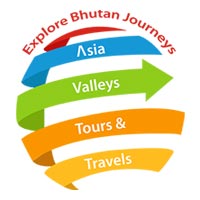
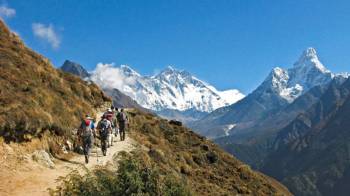 12D/11N
12D/11N
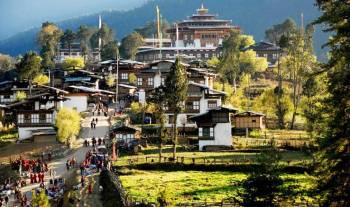 9D/8N
9D/8N
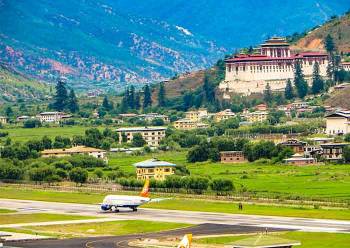 5D/4N
5D/4N
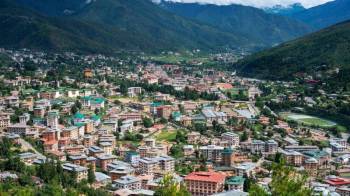 9D/8N
9D/8N
8 Nights - 9 Days Bhutan Budget Trip
Thimphu - Paro - Punakha - Trongsa - Bumthang
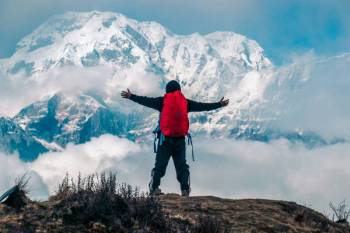 11D/10N
11D/10N
10 Nights - 11 Days Bhutan Trek Tour
Thimphu - Paro - Punakha - Trongsa - Bumthang
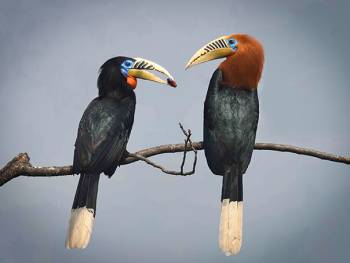 14D/13N
14D/13N
13 Nights - 14 Days Bhutan Bird Tour
Thimphu - Paro - Trongsa - Mongar - Bumthang
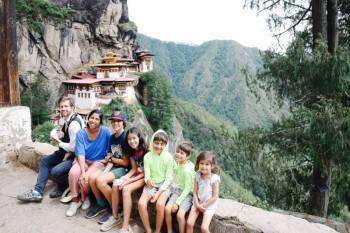 8D/7N
8D/7N
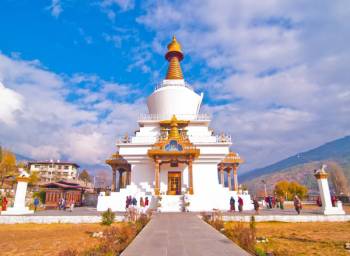 11D/10N
11D/10N
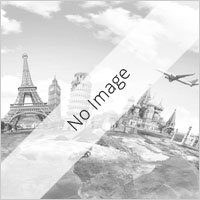 11D/10N
11D/10N
10 Nights - 11 Days Bhutan Festival Tour
Thimphu - Paro - Wangdue Phodrang - Punakha
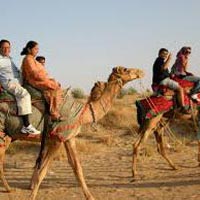 12D/11N
12D/11N
Camel Safari in Rajasthan Tour
New Delhi - Jodhpur - Jaisalmer - Ranakpur - Udaipur
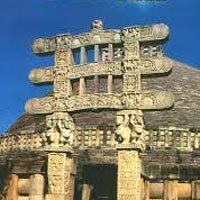 12D/11N
12D/11N
Back to Madhya Pradesh Tour (Central Ind..
Gwalior - Jhansi - Jabalpur - Bhopal - Tikamgarh - Chhatarpur - Kanha - Pachmarhi
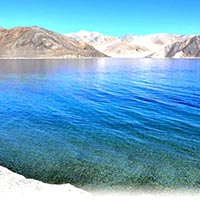 12D/11N
12D/11N
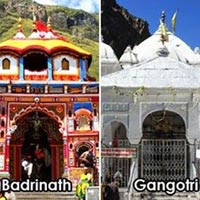 12D/11N
12D/11N
Chardham Yatra (Ex Delhi) 11 Nights / 12..
Haridwar - Garhwal - Uttarkashi - Rudraprayag - Chamoli - Rishikesh
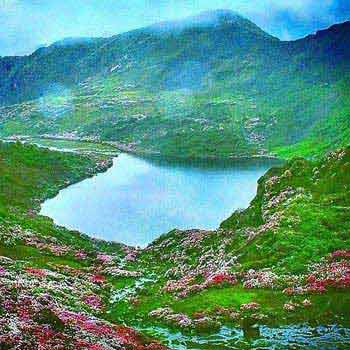 12D/11N
12D/11N
Guwahati - Kaziranga - Shillong - Tawang - Cherrapunji - Bomdila - Bhalukpong
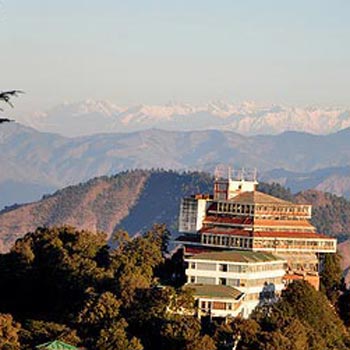 12D/11N
12D/11N
11nights/12days Himachal Punjab Romantic..
Chandigarh City - Shimla - Manali - Dharamshala - Dalhousie - Amritsar - Ludhiana -..
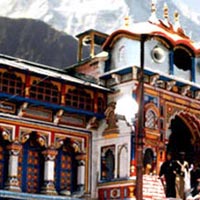 12D/11N
12D/11N
Haridwar - Rishikesh - Uttarkashi - Rudraprayag - Chamoli - Joshimath - Srinagar - ..
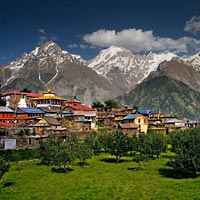 12D/11N
12D/11N
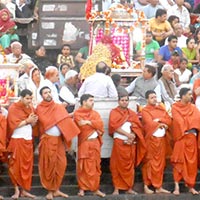 12D/11N
12D/11N
Haridwar - Rudraprayag - Rishikesh - Uttarkashi - Chamoli - Gangotri
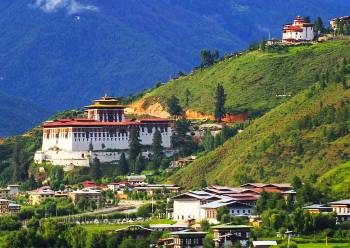 5D/4N
5D/4N
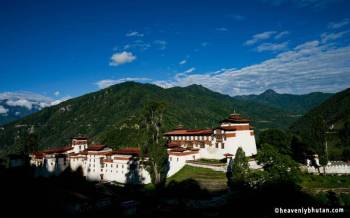 15D/14N
15D/14N
Himalayan Odyssey 14 Nights - 15 Days Tour
Thimphu - Paro - Wangdue Phodrang - Punakha - Mongar - Bumthang - Trashigang
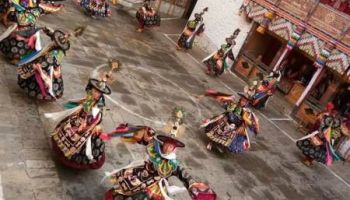 8D/7N
8D/7N
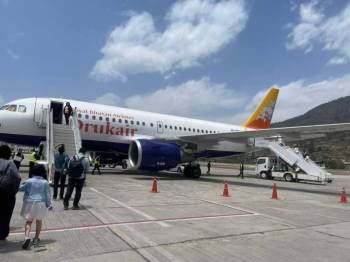 16D/15N
16D/15N
15 Nights/16 days Merak Sakteng Trekking..
Thimphu - Paro - Punakha - Bumthang - Trashigang
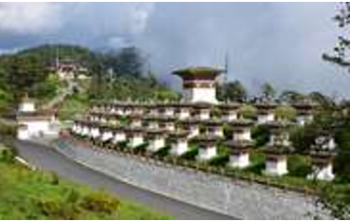 10D/9N
10D/9N
Thimphu - Paro - Wangdue Phodrang - Punakha - Trongsa - Bumthang
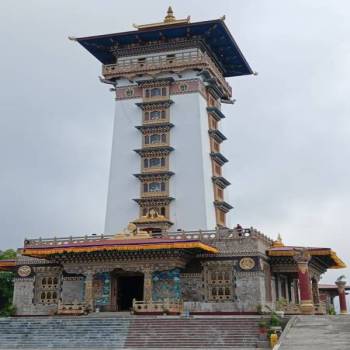 7D/6N
7D/6N
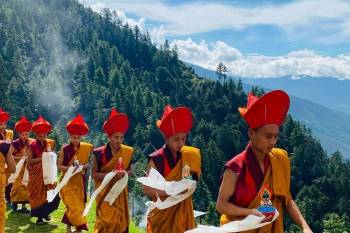 5D/4N
5D/4N